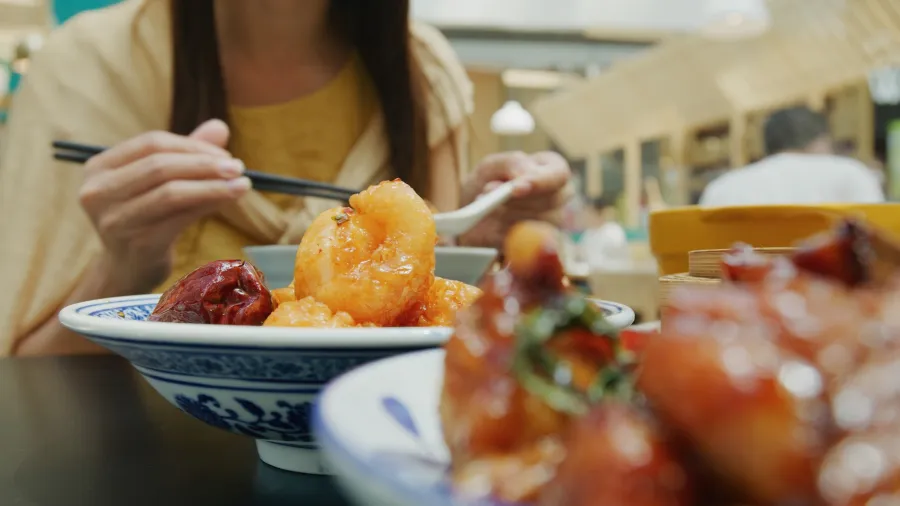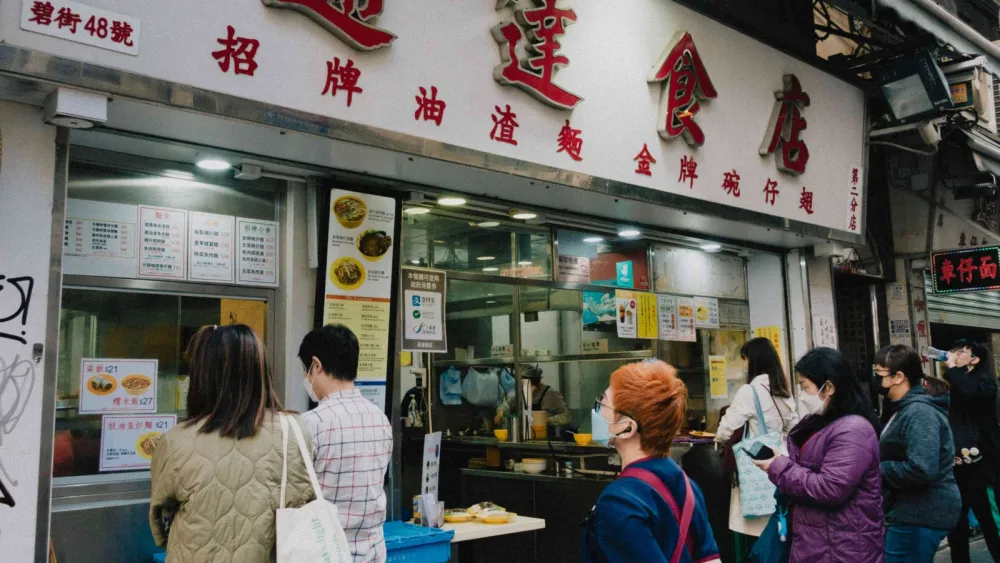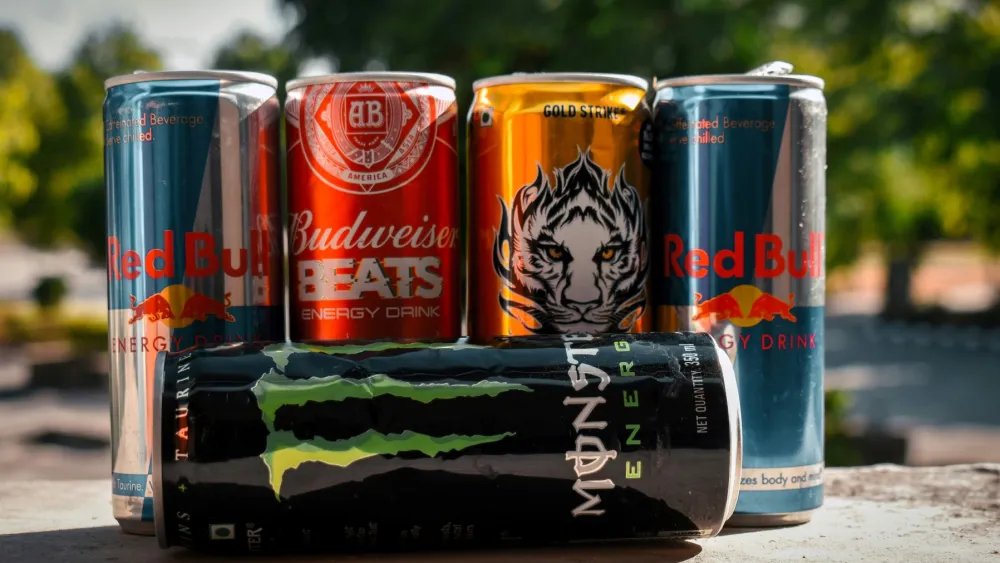
Low rents attract F&B brands to Hong Kong
Food and beverage account for 71% of new foreign retail entrants, according to JLL.
International food and beverage (F&B) companies are opening up branches in Hong Kong amidst falling rents and retail sales that have been declining for eight straight months.
Food and beverage remained the predominant trade of foreign retailers that have entered the city to date, accounting for 71% of the total, Cathie Chung, senior director of Research at Jones Lang LaSalle, Inc. in Hong Kong, told Hong Kong Business. It was followed by fashion, accessories and sports at 13%, and personal care at 5%.
The number of foreign F&B companies entering Hong Kong this year has risen 36% from a year earlier, compared with 60% for their non-F&B counterparts, Chung said. She declined to provide the actual numbers.
Street shop rents have dropped 40% to 70%, whilst rents in prime shopping centers at The Peak have fallen by 25%, she added.
Chung said Hong Kong continues to attract F&B companies given its dining-out culture. “Hong Kong people really enjoy dining out or buying meals because of our work culture, busy lifestyle, and small living spaces. Dining is often seen as a social gathering.”
“While some people pack lunch, it's not a major trend here, as many still prefer to dine out,” she said. “Additionally, Hong Kong people are very receptive to new cuisines and are quite adventurous when it comes to food.”
And whilst more Hong Kongers have been spending on food, leisure, and shopping in Mainland China, those who stay behind “have really strong purchasing power,” Chung said.
Hong Kong’s international airport has obtained a “fresh certification” from the International Air Transport Association for its excellent transportation and handling of perishable cargo using a stringent temperature-controlled process.
"So we are a partner with excellent facilities and efficient services to transport perishable products, allowing a lot of fresh ingredients to be easily imported from various parts of the world,” Chung said.
Hong Kong also continues to attract businesses given its business-friendly policies, simplified tax rates, and a robust legal framework.
Meanwhile, shopping mall landlords have become more flexible in negotiating rent for the short term to keep occupancy high, according to Knight Frank. Prime street shops in core areas remain attractive to investors waiting for the market to rebound, it added.
International brands gravitate toward prime shopping districts due to their high footfall and appeal to both local and international visitors. “We see that they are keen to set up their first store in core districts, especially in Central and Causeway Bay, which are also tourist-favourite locations,” Chung said.
‘Testing ground’
"And then, of course, prestige — some brands like Central because it is a world-renowned, high-end retail location,” she said. “It aligns with clustering alongside other similar international brands.”
“This is true whether they choose high street shops or prime shopping centers. Co-locations seem to be their preference, offering more guaranteed traffic and exposure,” she added.
These brands include Hefu Noodles and Fufuland from Mainland China, Rododo Hot Pot from Taiwan, bb.q Chicken from Korea, and Mr. Cheese from Japan.
For non-F&B brands, the new entrants include Korean fashion brand Matin Kim and Australian cycling apparel brand MAAP, Chung said.
The Swatch Group recently expanded to Hong Kong, taking corner shop G35 in Mira Place, Tsim Sha Tsui, according to Knight Frank. The shop is about 1,000 sq ft with a monthly rent of $400,000, it said.
Apparel retailer Abercrombie & Fitch will also return to Hong Kong and open two new stores — a 7,000 sq ft shop at Hysan Place, Causeway Bay, and a more than 10,000 sq ft store in New Town Plaza, Shatin — eight years after it closed its four-storey flagship store in Central in 2016, it added.
“Other fashion groups expanding in Hong Kong include Mango, which has rented a 19,000 square-foot store in Asia Standard Tower in Queen’s Road Central for about $1.2m a month,” Knight Frank said.
Chung said F&B companies would need to deal with high labour costs in Hong Kong, aside from adapting to local tastes and spending habits.
She said foreign brands could shape Hong Kong consumers’ culture by fostering a more diverse and sophisticated retail environment. “Hong Kong can really become an international stage for retailers to try out new concepts and a testing ground for new brands to expand internationally.”



















 Advertise
Advertise






